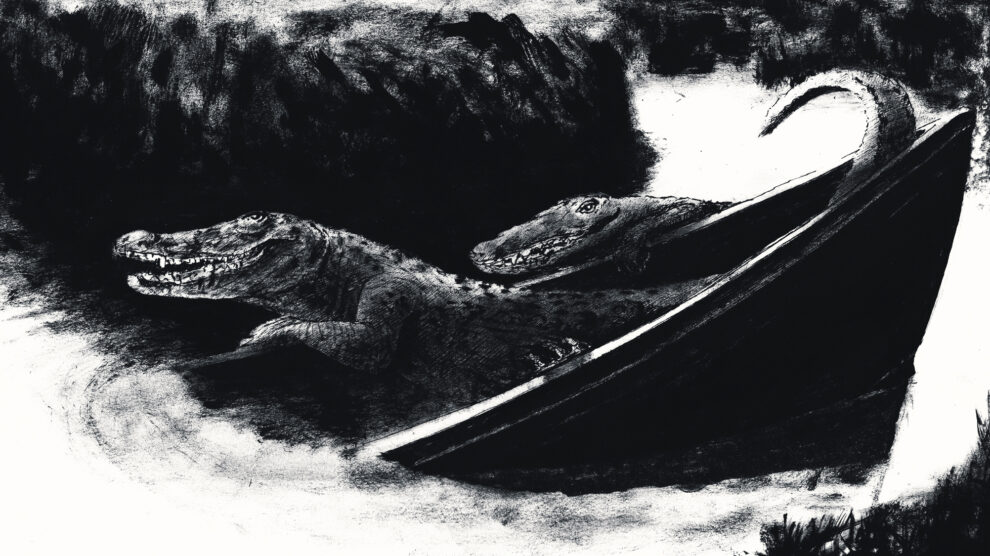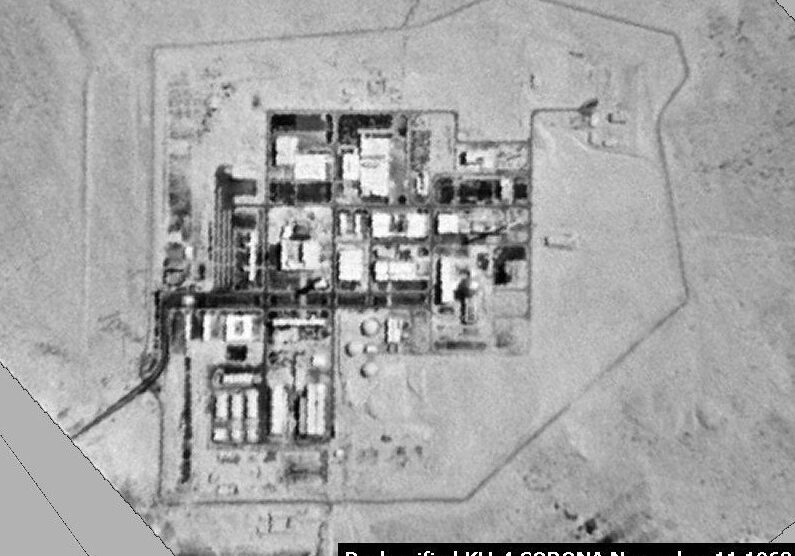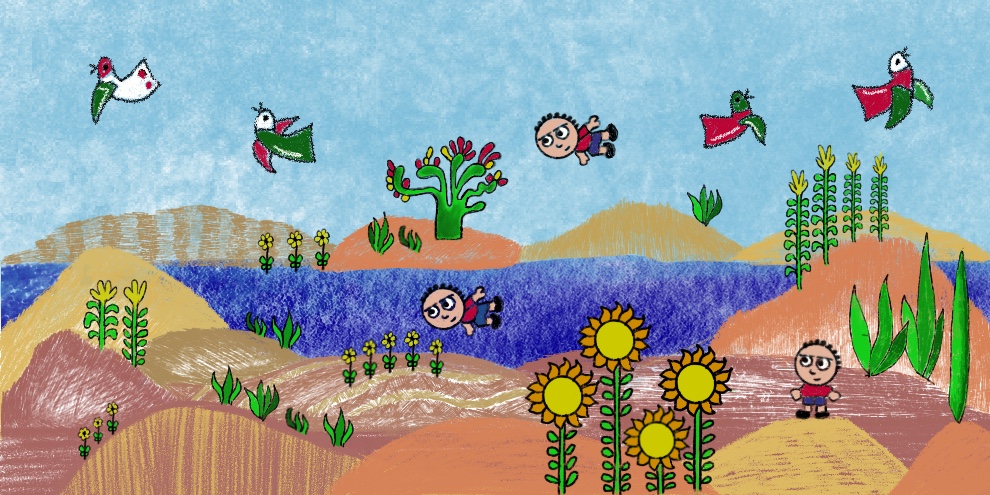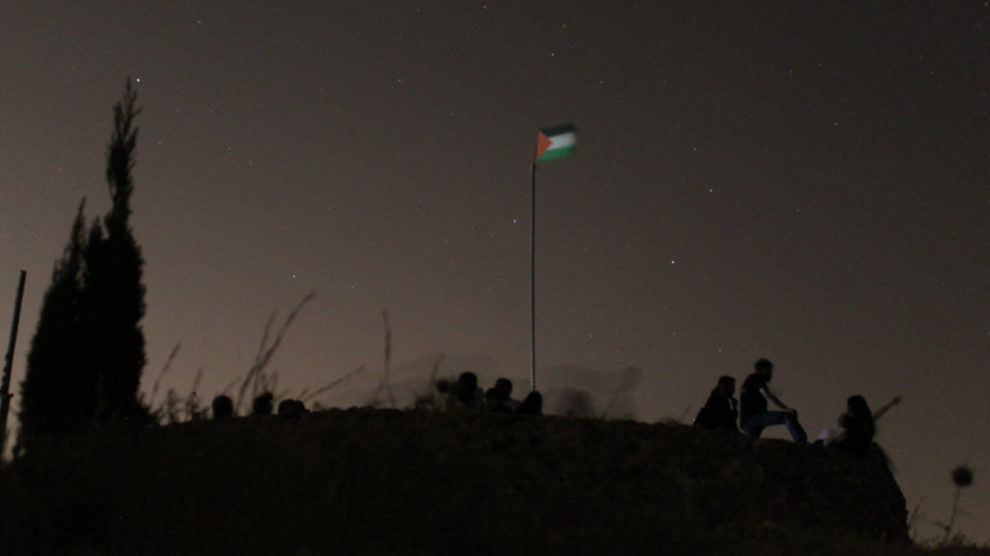On scientists and solidarity with Palestine
By Michael Harris
Volume 23, number 1, Science Under Occupation
See the interview with Steven and Hilary Rose.
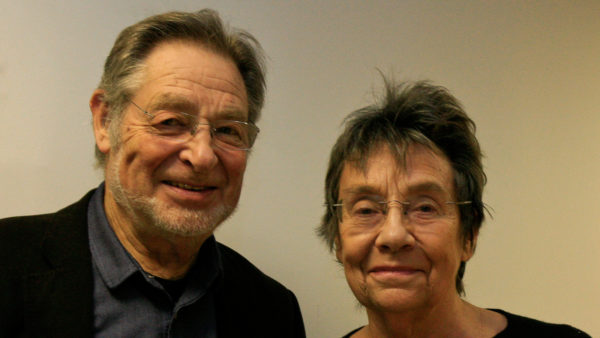
The interview with Steven and Hilary Rose is a valuable reminder of the central role scientists played in setting the stage for international support of the Palestinian-led BDS campaign. The Roses wrote their letter to the Guardian in April 2002, in reaction to Israel’s “policy of violent repression against the Palestinian people in the Occupied Territories.” When their letter appeared with its first 120 signatures — by the end there were nearly 800 — a group of scientists in France was busy collecting signatures on a very similar letter, whose signatories affirmed that they “can no longer in good conscience continue to cooperate with official Israeli institutions, including universities.”
The French letter was published online on the website www.capjpo.org. For the remainder of the spring, the French group collaborated with the Roses and the French websites centralized comments and letters for and against the two petitions, including links to articles in the international press. Reactions from official scientific bodies were predictably hostile: Nature published an editorial entitled “Don’t boycott Israeli scientists,” and the National Academy of Science, the International Council for Science, the American Physical Society, among many other professional organizations, all issued statements condemning the British and French calls. These statements usually systematically misrepresented the movement as a call to boycott individual Israeli scientists rather than official Israeli institutions, and the British and French groups actively took part in the debate throughout 2002 (see for example this letter, signed by six mathematicians and published in Nature in May 2002).
As the Roses point out, the letters of 2002 were superseded by the creation in 2004 of the Palestinian Campaign for the Academic and Cultural Boycott of Israel (PACBI). The PACBI call was soon endorsed by BRICUP (BRItish Committee for Universities for Palestine), which succeeded the informal group around the Rose initiative. Although the French website that had hosted the debate soon disappeared, its contents were posted a few years later by AURDIP (Association des Universitaires pour le Respect du Droit International en Palestine), the French counterpart to BRICUP created in 2009. The material disappeared again when the AURDIP website was temporarily shut down by a French-Israeli hacker, but is now available once more.
Scientists remain prominent among the core activists in both BRICUP and AURDIP, but have been less visible in the Palestine solidarity movement in the US since the days of the original SftP. I discuss some possible reasons for this in an article published in 2016. Fortunately, thanks in large part to the initiatives taken by Scientists for Palestine, particularly their events at Columbia (cosponsored by SftP) and MIT, young scientists in the US are increasingly aware that their Palestinian colleagues are still subject to Israel’s “policy of violent repression,” and are increasingly willing to mobilize on their behalf.
About the Author
Michael Harris is a mathematics professor at Columbia University. He was involved with SftP in the 1980s as an organizer of the Science for Nicaragua program. He taught in Paris for more than twenty years at Université Paris-Diderot; before that he taught at Brandeis University. He has also held visiting appointments at the Steklov Mathematical Institute in Moscow, Bethlehem University in Palestine, and the Institut des Hautes-Études Scientifiques in France, among other places. In France he was a founding member of AURDIP (Association des universitaires pour le respect du droit international en Palestine). His blog is mathematicswithoutapologies.wordpress.com.


